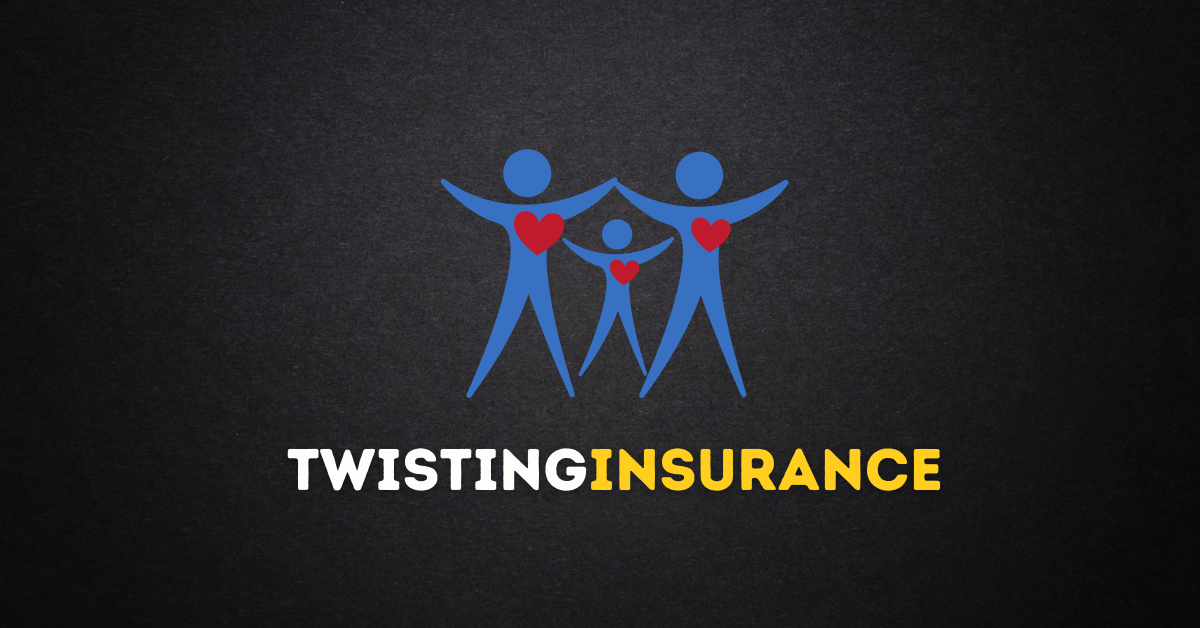The penalties for insurance policy twisting are hefty. These fines can range from civil to criminal. The state insurance commissioner can file suit against agents who violate these laws. Depending on the state, the agent may have to pay a civil or criminal fine, or lose their license. However, these laws are not sufficient to obtain compensation. A successful lawsuit can provide financial redress to a victim.
First of all, it is illegal to twist an insurance policy. An agent may recommend a different policy than you actually need, especially if you are already enrolled in a different type of plan. This practice is known as "insurance twisting" and can result in the loss of a policy or higher premiums. In addition to twisting, insurance agents may also suggest changes to your existing policies.
In addition to fraud, insurance agents can try to sell you a policy that does not cover your expenses. This is a practice known as insurance twisting. Insurers may tell you that they do this because it is in their best interests. This practice is known as "insurance twisting." It is illegal to misrepresent or alter an insurance policy to avoid paying higher premiums. Insurers can also be sued for false claims, which carries a high financial penalty.
It is illegal to churn or slide an insurance policy. This practice is a form of insurance fraud. Agents often attempt to persuade customers to change their insurance company or replace their existing coverage with a new one. This practice enables insurance agents to boost their commissions. Moreover, sliding is a form of churning. In other words, an insurance agent charges a customer for an additional product that they did not ask for or believed would be free. This practice is illegal and is also prohibited by the model Unfair Trade Practices Act.
If you are in the market for a new insurance policy, consider getting quotes from a well-known and trusted insurance agency. Most agencies have over 15 years of experience and a solid reputation among satisfied customers. This means they have been around for a long time. It is unlikely that they will be cheat you. In addition, you should also avoid being cheated by an insurance agent. Remember that the insurance agent is in business to make money.
The practice of insurance twisting involves misleading insurance policies to gain profits from clients. An agent will try to convince a client to buy a policy that costs more than it actually is. Then, he or she will try to convince the client that they must replace the old policy in order to avoid paying the same premiums. This type of fraud can even involve a new insurance company's insurance agents.
Insurers must adhere to the rules regarding insurance and must not deceive clients. This is known as churning and is illegal in most states. Insurers should not use misleading techniques to trick customers into buying a policy that they are not interested in. They must provide comprehensive information to their clients. Insurers cannot force you to buy a policy based on a commission.
Insurance agents can't just sell a policy for their own profit. They can't pressure clients to buy a new policy based on the agent's advice. Insurers should follow the law when they sell an insurance policy. The more you buy, the more money they make. The more you pay, the more they'll keep the agent. This way, you'll benefit from a newer policy and get the same coverage for less.
Insurance agents are trained to give you the most accurate information possible. They are allowed to advise you on different insurance policies, but they must do so honestly and in your best interest. Despite the laws, there is no such thing as a "right" to buy a policy. While they may protect the rights of consumers who want to buy insurance policies, they must also protect their interests. Those who fall victim to fraudulent insurance practices must fight these policies in court.
Another example of insurance twisting is the practice of deceiving clients by falsely describing the benefits of their policies. An insurance agent who is a liar is guilty of twisting the truth in order to sell you a policy. It is not a good idea to lie to a client to get more money. This is an example of the wrong type of salesperson.






0 Comments